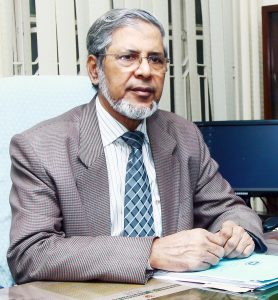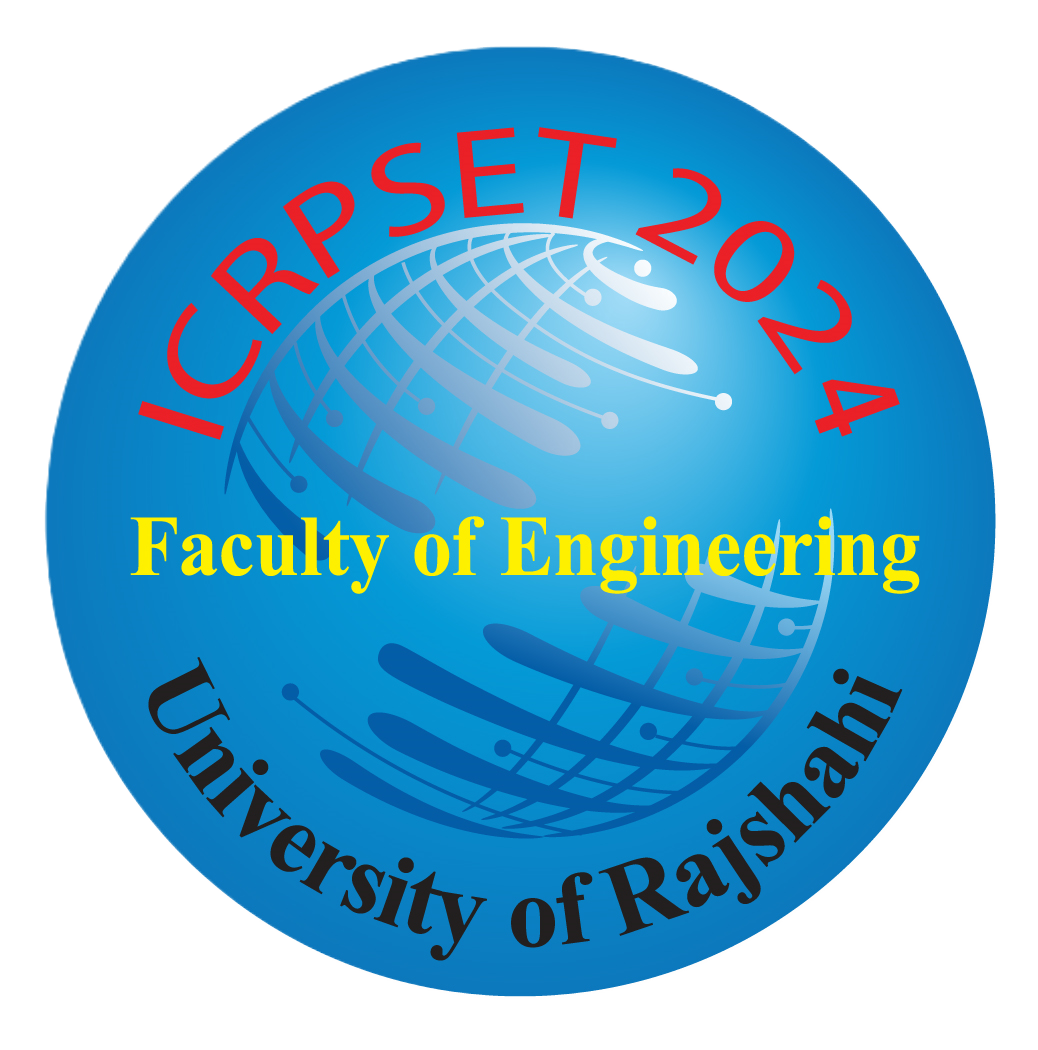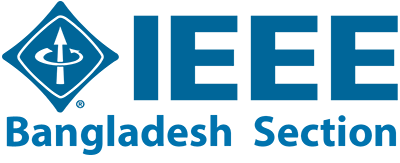Prof. Dr. A. K. M. Azharul Islam, FInstP, CPhys, FBAS
Biography
Department of Physics, University of Rajshahi, Bangladesh
and
Professor Emeritus & former Vice-Chancellor of International Islamic University Chittagong, Bangladesh

Title of the Keynote: Physics at the Root of the Modern Industrial Revolutions: Little Known Facts
Abstract: Physics is the most basic of sciences – its concepts and techniques underpin the progress of all other branches of science including CSE, ICT. Physicists are old hands at Entrepreneurship in the way that they played an important role in the first generation of technology-developing company startups, e.g. California’s Silicon Valley, Boston’s Route 128 after WW-II. Today, perhaps more than ever, Physicists are involved in startups either as founders or employees. The role played by Physics to discovery, innovation and creating CSE and ICT in various stages of Industrial Revolution (IR) are briefly highlighted in this talk. The various stages are, for example, Steam engine, hydropower and mechanization (IR1.0), Mass production, Assembly line and Electricity (IR2.0), Automation, Information and Communication Technologies (IR3.0) and Internet of Things, the Cloud, Digital coordination, Cyber-physical systems and Robotics (IR4.0). Recently we are witnessing a wide ranging economic impact of the digital revolution (IR3.0). This is due to the mass production and widespread use of digital logic, MOSFETs and integrated circuit (IC) chips, and their derived technologies, including computers, microprocessors, digital cellular phones, and the Internet. These technological innovations have transformed traditional production and business techniques. Further without WWW, globalization and outsourcing would not have been feasible as they are today. The digital revolution in this age is radically changing the way individuals and companies interact. IR4.0 is a less defined boundaries between the physical, digital, and biological worlds. Artificial intelligence (AI) is the basis for mimicking human intelligence processes through the creation and application of algorithms built into a dynamic computing environment. Stated simply, AI is trying to make computers think and act like humans. This field of science is concerned with building computers and machines that can reason, learn, and act in such a way that would normally require human intelligence or that involves data whose scale exceeds what humans can analyze. Applications of AI can be seen in everyday scenarios such as financial services fraud detection, retail purchase predictions, and online customer support interactions. Thus the fruits of IR3.0 and IR4.0 are being harnessed by the world, particularly by the advanced countries.



